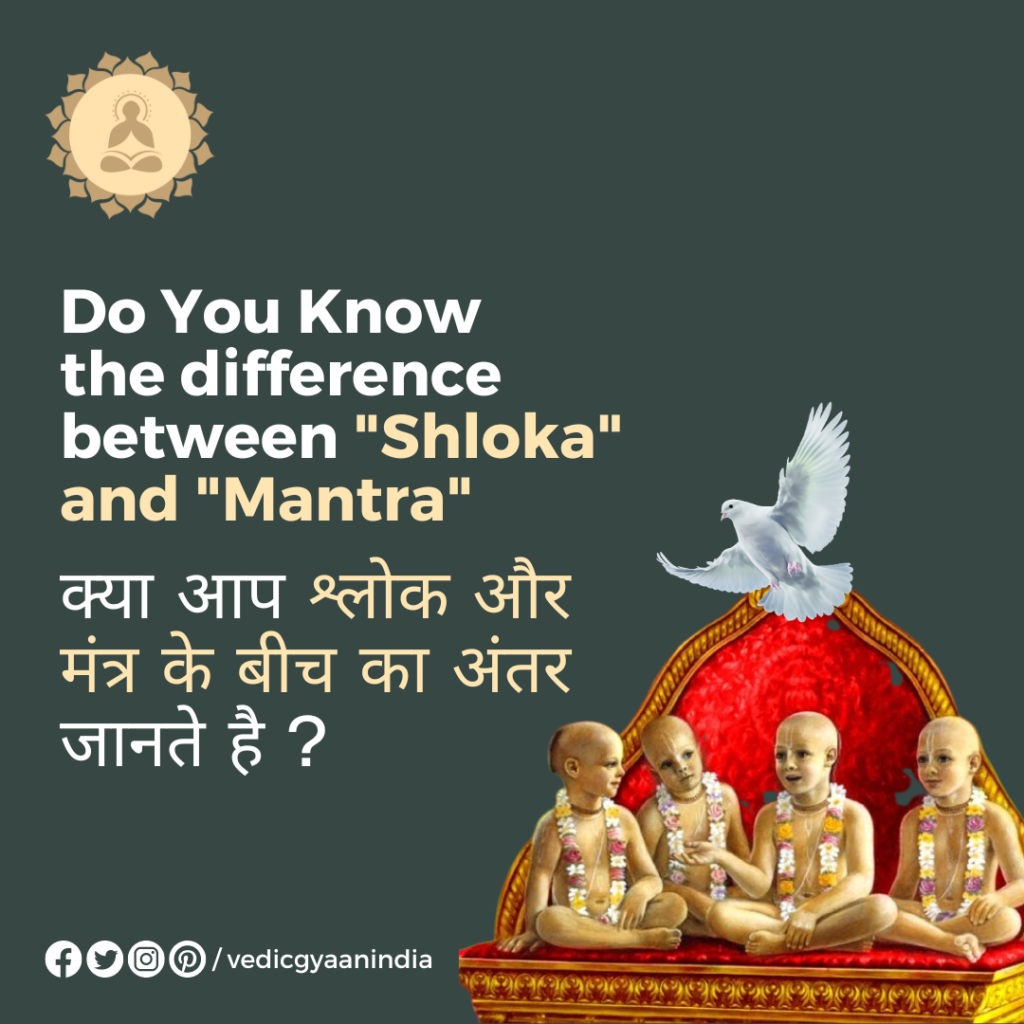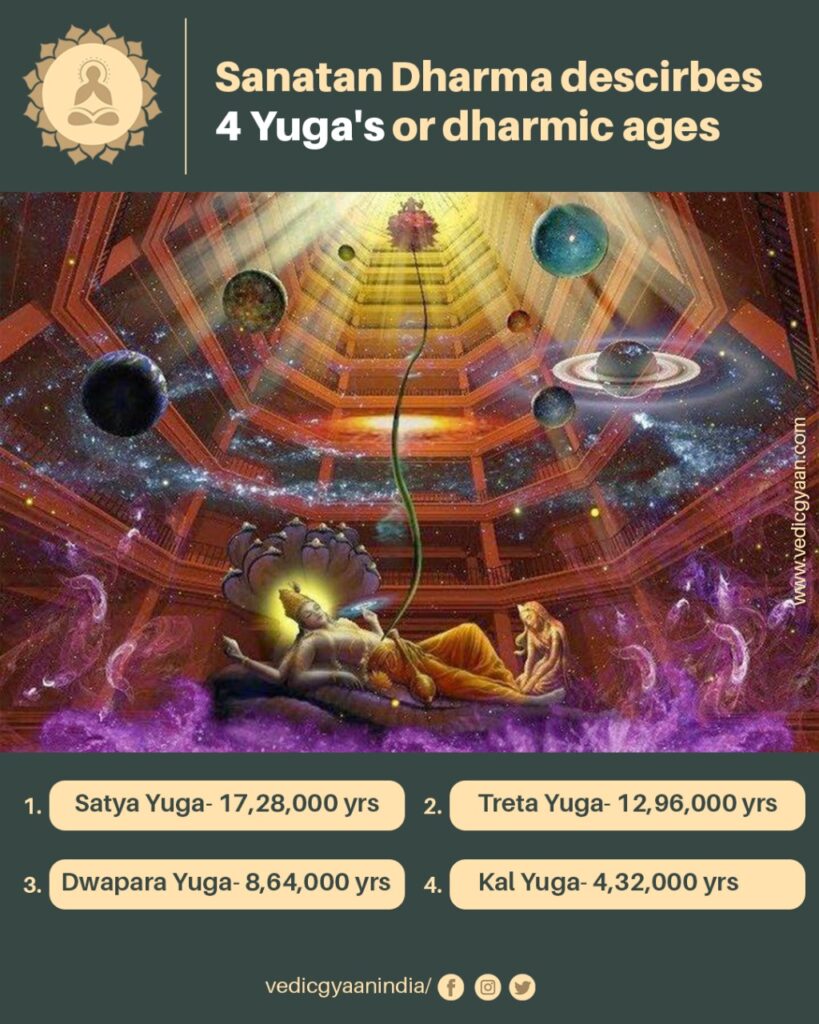“Shloka” and “Mantra” are both terms originating from ancient Sanskrit, carrying significant importance within India’s diverse spiritual traditions. These words are interchangeable, leading to confusion regarding their distinct meanings and applications. However, there are seamless differences between “Shloka” and “Mantra”, referring to their structure, purpose, and use.
Understanding these differences is crucial for comprehending their spiritual significance and utilizing them effectively. We will explore the vital distinctions between “Shloka” and “Mantra,” highlighting their unique attributes, meanings, and practical applications. Whether you are familiar with these terms or encountering them for the first time, the primary goal of this article is to provide a concise and elucidating explanation of the contrasts between “Shloka” and “Mantra.”

What are Shlokas?
Shlokas are a type of verse or poetic composition referred to by the Sanskrit term “श्लोक” (shloka). They are common in texts such as the Vedas, Upanishads, and Bhagavad Gita. Shlokas are longer than mantras and often convey a specific meaning or message of what authors intend to say spiritually. There are frequent recitations of Shlokas during prayers, ceremonies, or spiritual studies.
The language and structure of shlokas are exceptionally mindful and inspirational, forming an integral part of our culture and spirituality. Many people view the recitation of shlokas as a powerful way to connect with the divine and deepen their understanding of Hindu teachings.
If you are interested in exploring spirituality, learning about shlokas can be one of the powerful ways to enhance your appreciation for this ancient tradition.
What are Mantras?
A mantra is a spiritual practice of a specific word, phrase or sound that we chant with a particular intention or purpose. Mantras are from thousands of years of chanting in various spiritual traditions, including Hinduism, Buddhism, and Jainism. The word “mantra” comes from the Sanskrit language and is composed of two parts: “man,” meaning “mind,” and “tra,” meaning “tool” or “instrument.” In essence, mantras are tools for the mind that help us focus our thoughts, connect with the divine, and enhance inner peace.
During meditation, mantras are often chanted aloud or silently repeated and possess transformative power bringing positive changes into our lives. Whether you want to reduce stress, deepen your understanding of spirituality, or achieve specific goals, mantras can be a powerful and effective tool to incorporate into your daily practice.
What is the main difference between Shloka and Mantras?
Based on Meaning:
A shloka is a specific type of meter in the Sanskrit language, and it typically carries a distinct meaning. Conversely, a mantra is a word or phrase repeated for its spiritual or transformative power, regardless of its literal meaning.
Pronunciation:
Shlokas are typically recited with proper pronunciation and intonation to convey a specific message or story. On the other hand, mantras are often chanted or repeated with a fixed rhythm or melodiousness, believed to enhance their transformative power.
Purpose and Effect:
The recitation of shlokas is to appreciate their inherent beauty and to reap their spiritual and emotional benefits. Unlike Shlokas, mantras get repeated for their specific effects, such as achieving a particular goal or cultivating a certain quality or state of mind.
Shlokas and mantras are two distinct forms within the ancient Sanskrit language that hold significant importance in various spiritual traditions of India. While shlokas are typically longer and express a specific meaning, mantras are often shorter and repeated for their spiritual or transformative power. Shlokas are a part of Hindu scriptures used for worshipping, meditation, and spiritual study. Mantras come from various spiritual traditions for diverse purposes, including healing, protection, and achieving specific goals.
Understanding the differences between shlokas and mantras can help individuals comprehend their spiritual significance more effectively and utilize them impactfully. Including these powerful practices into their daily routines, you can enhance their spiritual growth and deepen their connection with the divine.



